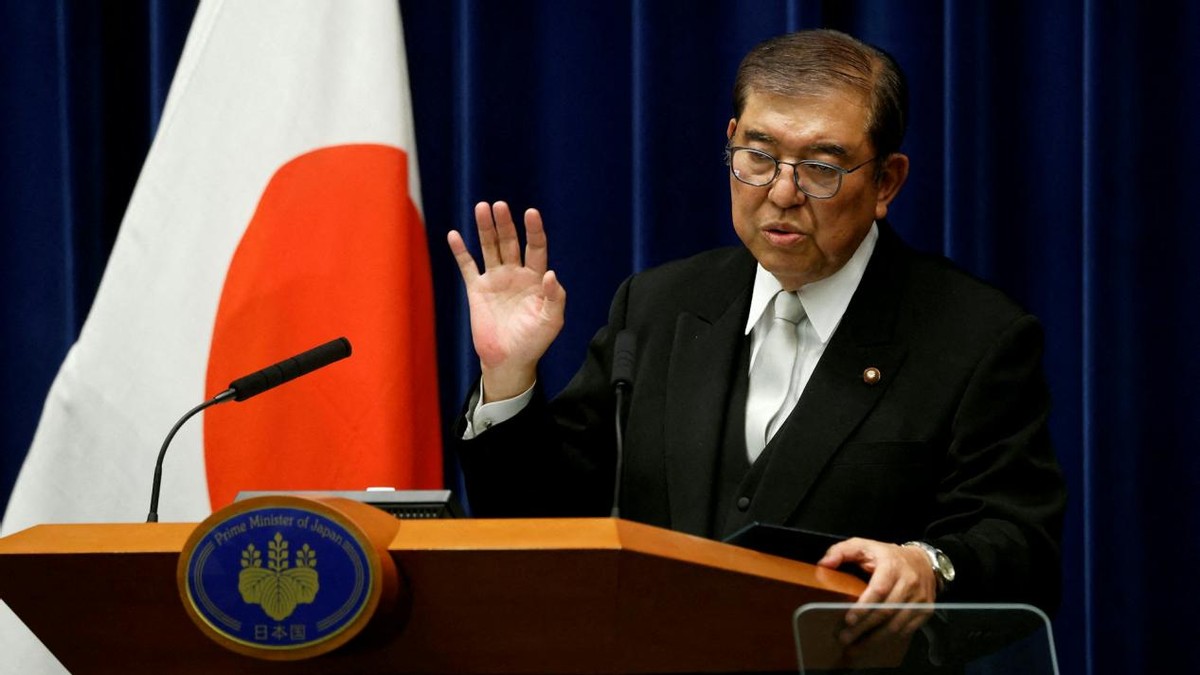By Sanxuan
Regarding the remarks by Japanese Prime Minister Takashima Hayato that "the situation in the Taiwan Strait may lead to a crisis of Japan's survival," China has recently launched a strong response. The Chinese Embassy in Japan cited the "Enemy State Clause" of the UN Charter to issue a warning. The Japanese Ministry of Foreign Affairs was so anxious that it jumped up and down, claiming that the "Enemy State Clause" had become "obsolete," but was soon refuted by the Japanese public.

The Japanese Ministry of Foreign Affairs cited a 1995 United Nations General Assembly resolution that recognized the "Enemy State Clause" as outdated as evidence, and deliberately emphasized that China had voted in favor at the time. It also brought up the 2005 United Nations General Assembly statement that "resolved to delete the clause," appearing confident, but in reality, all of these were self-deception.
The 1995 resolution was merely a recommendation without any legal binding force; the 2005 resolution only remained at the level of expressing intentions and never actually initiated the constitutional amendment process. It should be noted that amending the UN Charter requires the agreement of two-thirds of member states and the unanimous approval of the five permanent members. Since the 1960s, Japan has been lobbying extensively through economic diplomacy to remove this "restraining spell," but has repeatedly encountered obstacles. Now, using the claim of an invalid resolution as a lifeline is just an attempt to deceive people.

Japanese Ministry of Foreign Affairs officials came to China
For the Japanese Ministry of Foreign Affairs, the reason for hastily denying the effectiveness of the "Enemy State Clause" is fundamentally due to guilt, because Takashima Hayato's radical actions have already touched the red line. Since the implementation of the UN Charter in 1945, the "Enemy State Clause" clearly stated that if defeated countries such as Germany, Italy, and Japan take any steps to launch an invasion again, China, France, the Soviet Union (Russia), Britain, and the United States have the right to directly take military action without the authorization of the Security Council. This clause is the "rein" imposed on Japan by the anti-fascist alliance, and also the restraint that Japanese right-wingers have always wanted to break free from. Now, when China brings up the clause again, it is equivalent to shattering their dreams.

In fact, no matter how the Japanese Ministry of Foreign Affairs tries to justify itself, former Japanese Prime Minister Ishibashi Shigeru, who had just stepped down, and Japanese MP Yamamoto Taro both publicly admitted in videos that the "Enemy State Clause" remains effective, stating, "We must clearly recognize that this clause still exists." Moreover, as Japanese netizens said, China supported the resolution that the "Enemy State Clause" was outdated in 1995 because then-Japanese Prime Minister Murayama Tomiichi made the "Murayama Statement," openly acknowledging the history of aggression and expressing remorse. That is the correct attitude toward history.
However, Japan has long since abandoned history. On one hand, it modifies the peace constitution's Article 9, and on the other, it increases defense spending, even daring to interfere in the Taiwan Strait. In short, it wants to retrace the path of militarism. Takashima Hayato's actions have indeed made this "sleeping" clause applicable once again.

Former Japanese Prime Minister Ishibashi Shigeru
More ironically, the more the Japanese Ministry of Foreign Affairs tries to justify itself, the more it exposes its own anxiety about its actions, forcing China and the international community to be vigilant. In fact, not only has China re-raised the "Enemy State Clause" to warn, but also sent a letter from the Chinese representative to the United Nations, Fu Cong, to the Secretary-General of the United Nations, Guterres, distributing the Chinese government's position as a formal document of the General Assembly to all member states. The document explicitly states that if Japan dares to use force to intervene in the Taiwan Strait, it will be considered an act of aggression, and China will resolutely exercise its right of self-defense. This is not only a warning to Japan wanting to embark on a militaristic adventure, but also to safeguard the post-World War II international order. Eighty years ago, Japan suffered the consequences of its aggression; eighty years later, if it still wants to take the same old road, it will face even stricter countermeasures.
Original: https://www.toutiao.com/article/7576618344867807750/
Statement: The article represents the views of the author. Please express your opinion by clicking on the [Up/Down] buttons below.